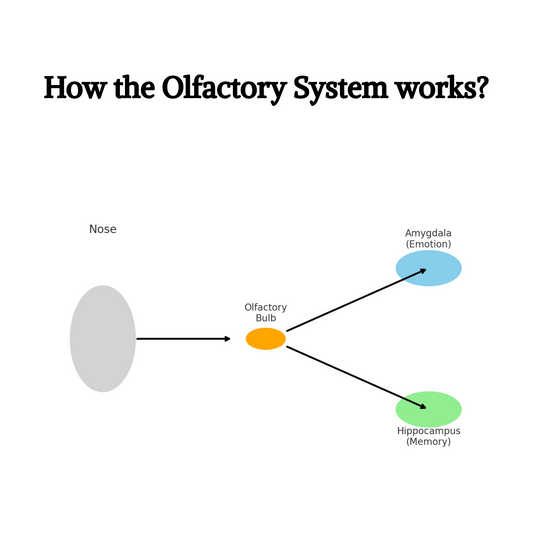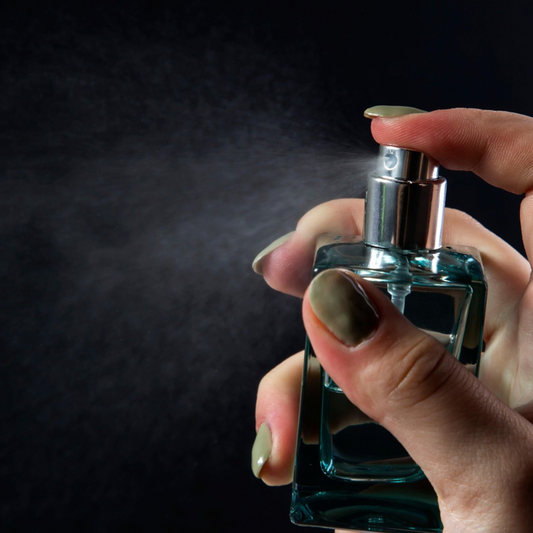Imagine walking into a room and being instantly transported to your grandmother’s garden, or that beach trip you took three summers ago. That’s the power of scent — invisible, yet unforgettable. And it’s not just nostalgia. Our attraction to certain fragrances is rooted in something much deeper: the mind.
Let’s explore the fascinating psychology behind why you’re drawn to certain scents more than others — and how your favorite fragrance might just be a window into your identity.
Scent is the Only Sense That Goes Straight to the Brain
Unlike sight or touch, smell bypasses your brain’s logical filters. When you inhale a scent, it travels directly to your olfactory bulb, which is intimately connected to the amygdala (emotion center) and hippocampus (memory center).
That’s why the scent of jasmine doesn’t just smell good — it makes you feel something.
Ever smelled a stranger’s perfume and suddenly remembered your first love? That’s not coincidence. It’s neuroscience.
Scent isn’t processed as information — it’s processed as emotion.
Personal Experience Shapes Your Scent Preferences
You’re not just “a floral person” or “into woody notes” by chance. It’s highly personal. The scent of vanilla might remind one person of baking with their mother, while for someone else, it evokes a perfume worn by an old flame.
This is why you may be drawn to warm, gourmand scents while your best friend prefers crisp citruses. Your life writes your scent preferences.
💬 Real talk: That means when you pick a fragrance, you’re choosing how you want to feel — calm, seductive, energized, grounded.
Some Preferences May Be In Your DNA
Here’s where it gets wild: studies suggest our genetics influence how we perceive smell. A compound like androstenone (found in some musk-based perfumes) can smell amazing to some and awful to others — just based on genetics.
Your olfactory receptors — little sensors in your nose — come in hundreds of types, and your unique combination is like a fingerprint for scent interpretation.
Fragrance & Mood: Scent as a Self-Regulation Tool
Psychologically, scent can act as a tool for emotional alignment. Feeling low? Bright citruses or zesty ginger can uplift. Need comfort? Go for cozy sandalwood or creamy vanilla.
This is what psychologists call “affective conditioning” — using scent to trigger or train your mood responses.
Many of our customers choose perfumes not just for how they smell, but for how they make them feel. A good scent is like aromatherapy in couture form.
Fragrance as Identity
We also use fragrance as a subtle way to express who we are — or who we want to be. Just like fashion, your scent speaks for you before you say a word. It can say “I’m sophisticated,” “I’m mysterious,” “I’m powerful,” or even “I’m playful.”
This is why niche and artisanal perfumes are booming — people crave personalization. They want a scent that doesn’t just smell good, but feels like them.
Think of your fragrance as your invisible signature.
What’s yours saying?
Final Thought: Choose What Moves You
Don’t fall into the trap of choosing a scent because it’s trendy or because a celebrity wears it. Choose a scent that stirs something in you. One that feels like poetry on your skin.
Let your nose — and your heart — guide you. Because when it comes to fragrance, it’s not just about what smells good. It’s about what feels right.



